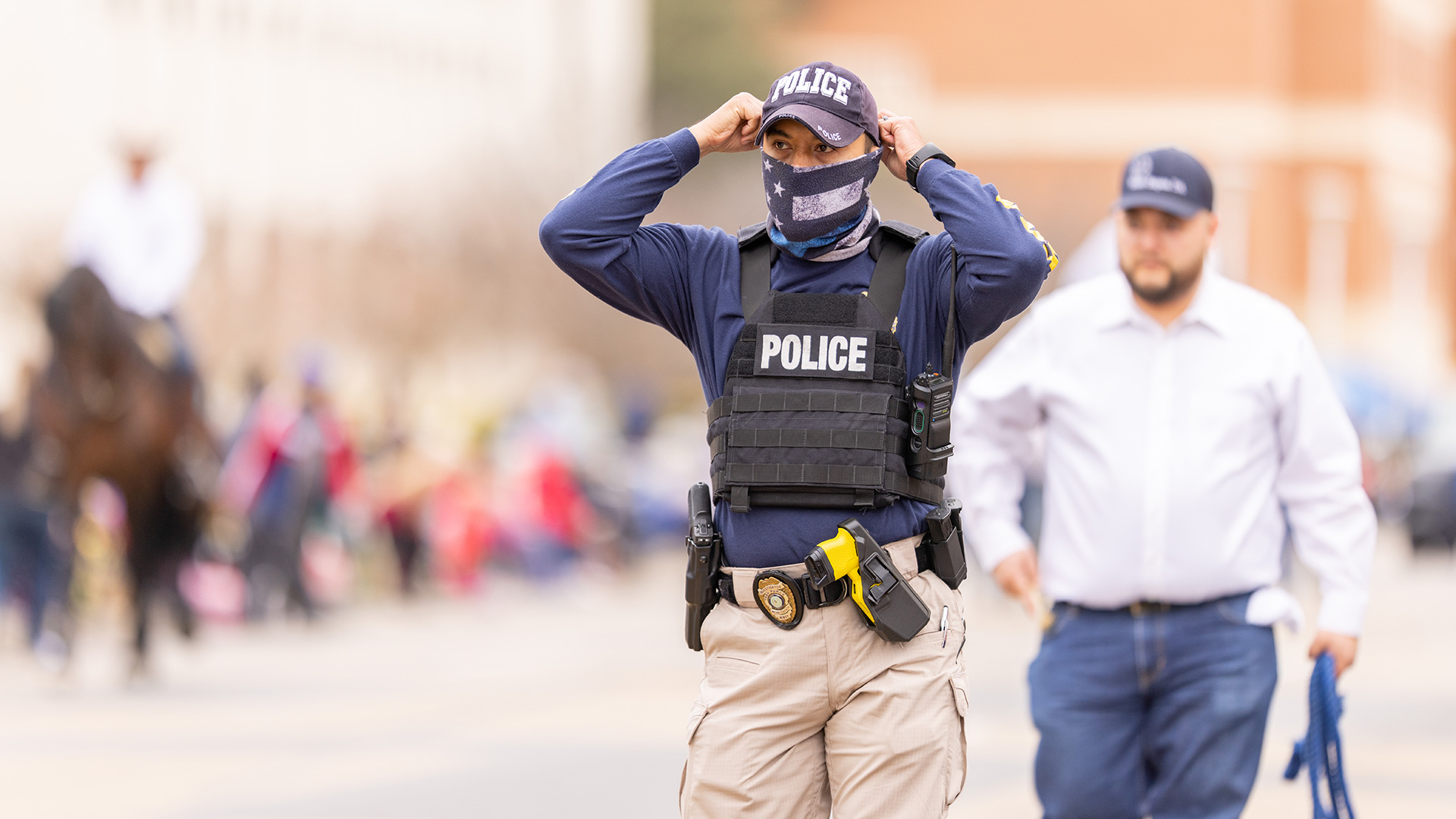
California lawmakers have passed a controversial measure that would prohibit most law enforcement officers from covering their faces while on duty — a move that police leaders warn could jeopardize officer safety.
The bill, approved on September 11, now heads to Governor Gavin Newsom’s desk. If signed into law, it would forbid local and federal officers, including immigration enforcement agents, from wearing neck gators, ski masks or other face coverings while performing official duties. Exceptions would be made for undercover officers, medical masks like N95 respirators or tactical gear used in emergencies.
The legislation comes in response to recent immigration raids in the Los Angeles area, where some federal agents concealed their identities during enforcement actions connected to President Donald Trump’s mass deportation plan. While proponents claim the measure is needed to reassure the public, opponents point out that no state has ever enacted such a sweeping restriction — and that it could put officers directly in harm’s way.
“This makes the job more dangerous,” said Republican state Sen. Kelly Seyarto, a retired fire battalion chief. “Bad guys wear masks because they don’t want to get caught. Good guys wear masks because they don’t want to get killed.”
Law enforcement agencies echo those concerns. Officers regularly face threats not only in the field but also from doxxing, harassment and targeted attacks on their families. Face coverings can provide an added layer of protection, both during tactical operations and in everyday interactions where suspects may later seek retribution.
Supporters of the bill, including Assemblymember Juan Carrillo (D–Palmdale), argued that visible faces are essential for public trust, especially after the Supreme Court allowed federal immigration raids in Los Angeles to resume. Critics counter that federal operations are already governed by strict rules of engagement — and that painting officers as “masked kidnappers” only fuels anti-police sentiment.
Constitutional law experts have also weighed in, questioning whether California has the authority to regulate federal officers. Newsom himself has acknowledged the legal uncertainty, noting that while he has criticized masked raids, he is not convinced the state can enforce such rules on federal agents.
If signed, California would become the first state in the nation to pass such legislation. Similar proposals have been floated in Tennessee, Michigan, Illinois, New York, Massachusetts and Pennsylvania, but none have become law.
For officers on the ground, the bottom line is simple: visibility shouldn’t come at the cost of vulnerability. As one law enforcement veteran noted, “Masks don’t make officers less accountable. They make them less of a target.”





